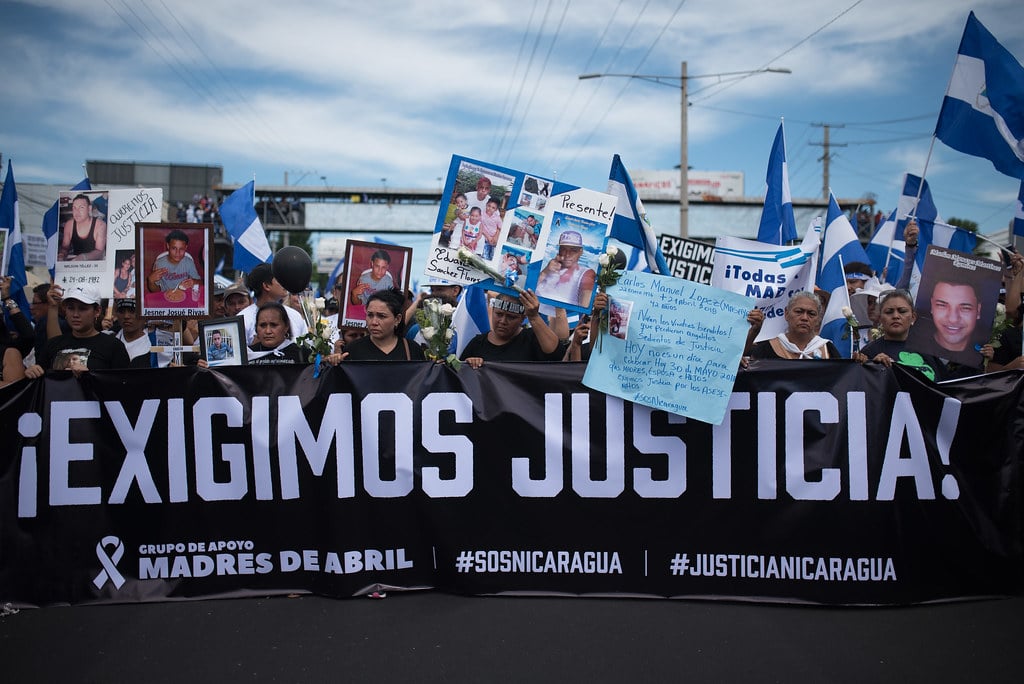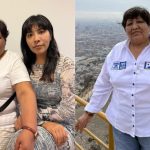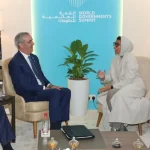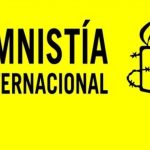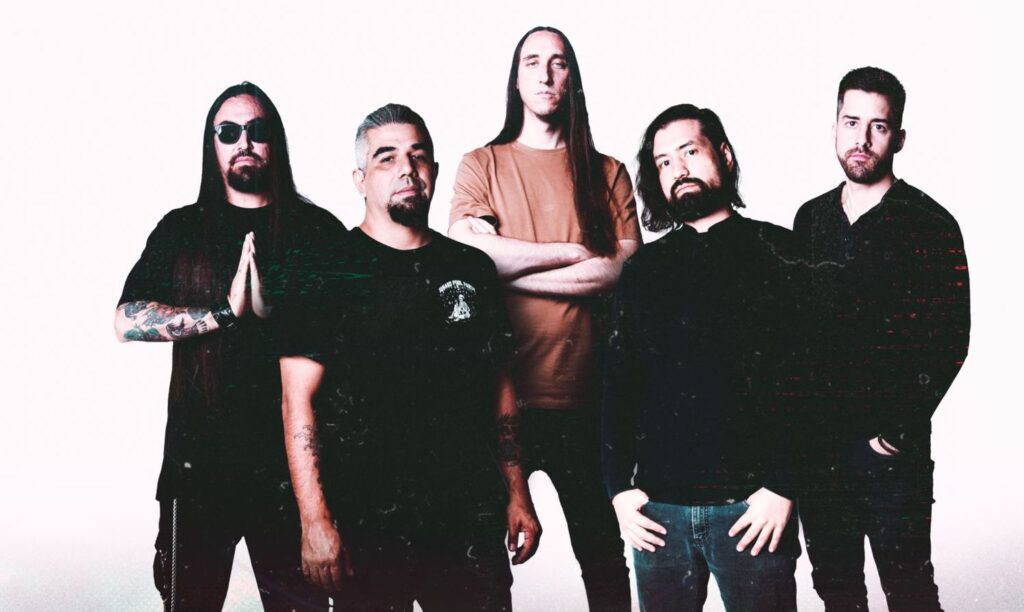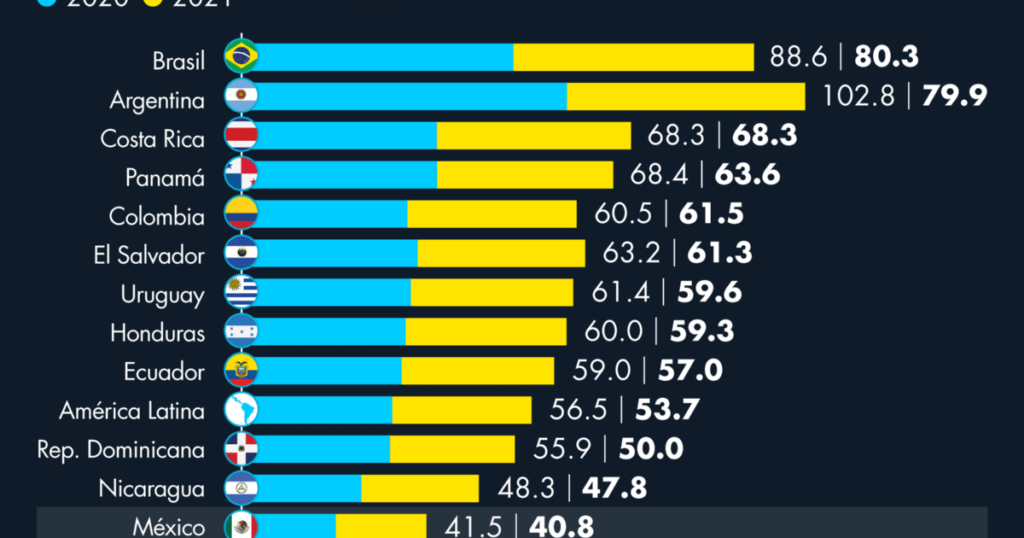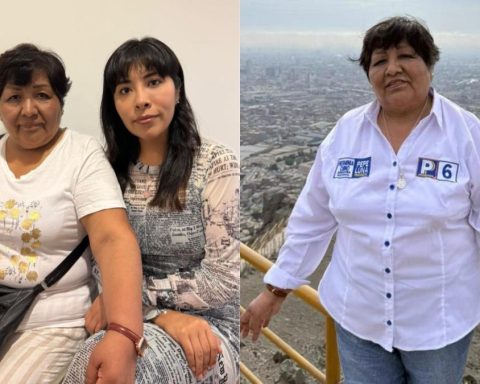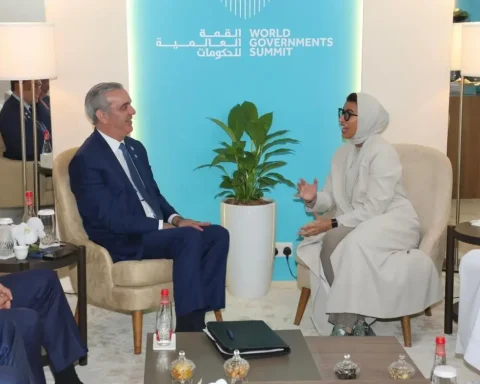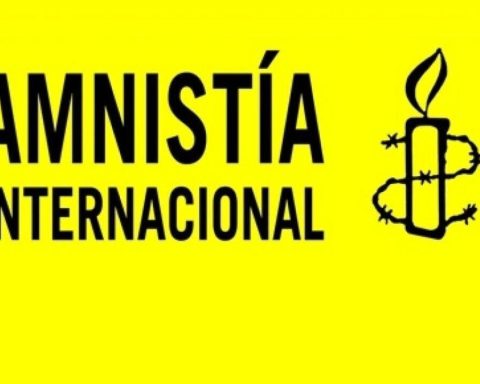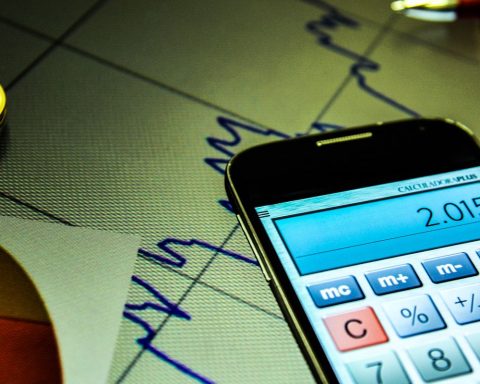Victims’ organizations, human rights defenders and members of political groups in Nicaragua agreed, in an interview with CONFIDENTIALin which the role of Nicaraguan civil society will be “key” and “will serve as a bridge” so that the Commission of Independent Experts, appointed by the Human Rights Council of the United Nations (UN), fulfills its mission to investigate the human rights violations that occurred in Nicaragua between 2018 and 2022. The regime of Daniel Ortega and Rosario Murillo has categorically rejected the group’s request to cooperate with its mandate.
Tamara Taraciuk, interim director for the Americas of Human Rights Watch (HRW), considered that the refusal of the regime “is not surprising” because “it is not willing to be held accountable”, for which the role of civil society will be “key and will serve as a bridge for experts to have access to testimonies and information” that will help them document the violations committed against Nicaraguans in the context of the sociopolitical crisis.
He emphasized that the Group will also be able to access “first-hand information through interviews with those victims of human rights violations who are in exile, among the more than 100,000 Nicaraguans who have been forced to flee.”
The Committee of Experts is chaired by three specialists in Criminal Law: the German Jan-Michael Simon; the Chilean, Alexandro Álvarez; and the Colombian, Ángela María Buitrago, appointed on May 24 by the president of the United Nations Human Rights Council, Federico Villegas, in compliance with the resolution “Promotion and Protection of Human Rights in Nicaragua”, approved on May 31 of March.
Carlos Quesada, director of Race and Equality, indicated that within the work plan of said Commission, a visit was not only planned to Nicaragua, but also to Costa Rica, Panama and the United States, countries where thousands of Nicaraguans persecuted for the regime.
He added that the Office of the UN High Commissioner for Human Rights is going to work with this group and they would also probably be displaced in Central America.
“It is not the first time that a Group of Human Rights Experts has received a negative response from the regime, as it happened with the GIEI (International Group of Independent Experts) and this was not an impediment to documenting crimes against humanity. that have occurred since 2018,” said Quesada.
Suggest channel of communication
Nicaraguan lawyer Wendy Flores, from the Nicaragua Never Again Collective, formed in exile by defenders who were forced to flee the persecution of the Ortega Murillo regime, also considered that the participation of civil society is essential and affirmed that the regime’s position demonstrates “the obstruction that it has always imposed on victims seeking justice and the repeated breach of its international human rights obligations.”
He affirmed that as defenders and organizations they can be “a bridge so that the victims can approach the Group” and urged the Commission to “develop communication strategies around civil society and the victims to continue the documentation process.”
“If the State puts up some obstacles, which are obviously going to limit the role of the Group of Experts, the victims exist and are inside and outside of Nicaragua and the mandate can be fulfilled,” he stressed.
Daysi George, from the Civic Alliance for Justice and Democracy (ACJD), valued that the regime’s position shows the world that Nicaragua is governed by “a State that is governed outside the law, despite the fact that it is a signatory of legal instruments relating to human rights”.
“The role of organized civil society is, despite the dispossession of its legality, to continue denouncing all the atrocities that the regimegimen have been committing, continue to systematize and update all violations of the human rights of Nicaraguans, and continue to inform all instances of violations, therefore, the Group of Experts will have the information it needs,” he said.
Prioritize victim participation
Lawyer Juan Diego Barberena, from the Political Council of the Blue and White National Unity (UNAB), pointed out that “There is a limitation regarding the physical recognition of the places and places where human rights violations have been committed, but that does not prevent the Group of Experts from making a conclusion on the type of crimes committed and to whom that violation is attributed. commission of these crimes”.
He added that as UNAB, and from Nicaraguan civil society, they will also support reaching the groups of victims and they will be the ones who have access to denounce what has happened to them before the Commission.
Jimmy Gómez, in charge of the coordination of the international affairs team of the Articulation of Social Movements, considered a limitation that the experts do not enter the country, although he stressed that “there are other alternatives to maintain communication about what is happening in Nicaragua, mainly taking Keep in mind that organizations in Nicaragua are constantly reporting what is happening in the country.”
In addition, he recalled that part of the resolutions that have been approved in international organizations, such as the UN, are given precisely by the efforts of the organizations of society that report the violations of DD. H H. that occur in Nicaragua.
“The path that civil society is going to follow, I believe, is to pass information directly to the Group, just as it did with the High Commissioner. We, as Articulation, are also going to continue informing, denouncing, and that is a task that is obviously necessary”, he pointed out.
Victims willing to report
The released political prisoner Yaritzha Mairena, a member of the Union of Political Prisoners and Prisoners (UPPN), said that visits to the country’s prisons are essential to verify “the issue of isolation, the torture that is being suffered at the moment and the unhealthy that is lived in the penitentiary systems”.
“It is a reality that cannot be collected from the outside, it is not the same to tell it in a way from the past, but it is important that the organizations have the opportunity to see the conditions that political prisoners are currently in,” Mairena said.
The regime keeps more than 180 people imprisoned for political reasons in Nicaragua. Relatives of prisoners of conscience and organizations of human rights defenders continue to denounce the cruel, degrading and inhuman treatment of which they continue to be victims.
“We from the UPPN have a whole systematization and compiled testimonies for any investigation group and for human rights organizations. We have documented what survivors of torture and forced displacement have gone through (…) and we have the necessary documentation and information so that the perpetrators of these events can also be registered,” he assured.
The released political prisoner Hugo Brenes, from the Group for the Reflection of Political Released Prisoners (GREX), also highlighted the importance of “seeking an early rapprochement” with the Group of Experts, since his period to collect information is “temporary” and “the more the longer the operation takes, the less time they will have to collect the information”.
The UN Group of Experts has one year to fulfill its mandate and in that time they must make “recommendations with a view to improving the human rights situation” in Nicaragua. Also, it will present a report to the Human Rights Council during the 52nd period of sessions, scheduled between February and March 2023.
